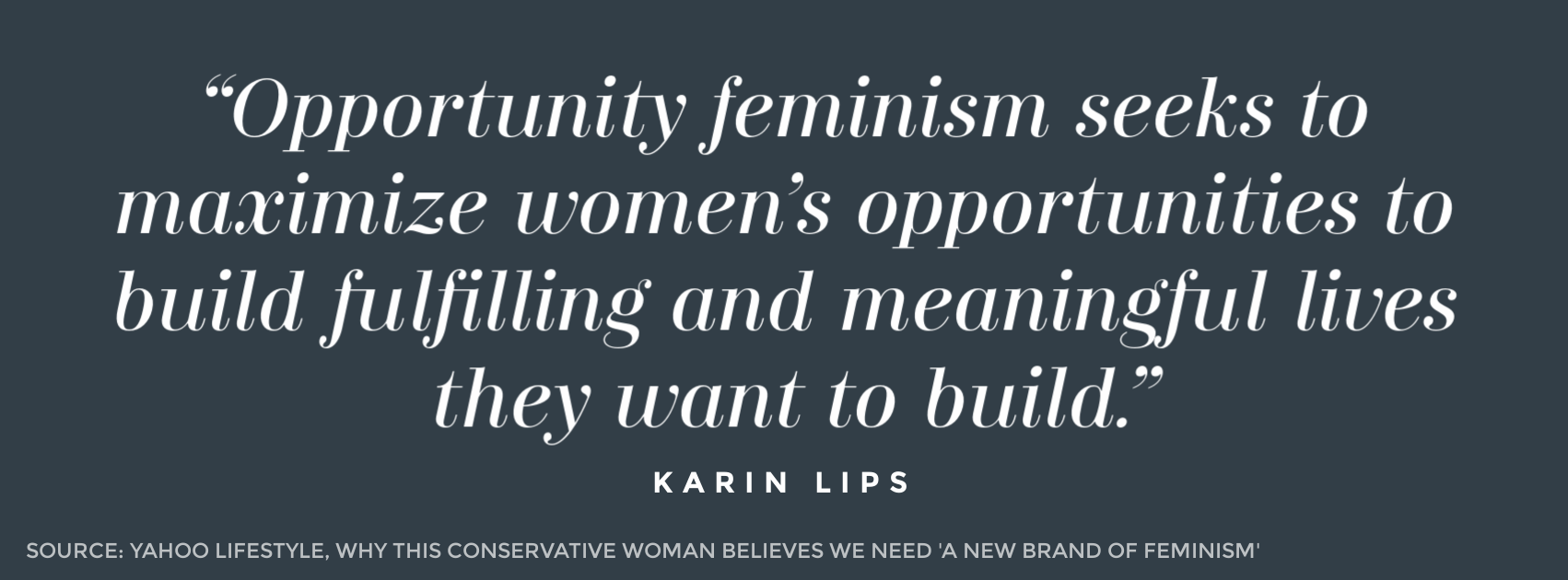Trigger Warning: Obama Criticizes The Language Police On College Campuses
This article originally appeared in Forbes.
With the 2016 presidential election underway, it is becoming increasingly clear that the nation is in for another divisive election season. The American public remains divided about significant issues—from matters of culture to the future course of American policy, at home and abroad.
It is important to consider how each of us—and the key institutions of our society—feed the atmosphere of division.
One institution that bears much responsibility for our divisive culture is higher education.
With the yearly cost of a private university now exceeding $42,000, many students—and often their families—mortgage their futures to pay for the opportunity to go to college. Earning a college degree was once a ticket to the upper-middle class life and assurance that a young adult had the basic knowledge and skills to succeed in life. Today, many students leave college without gaining much knowledge and struggle to find jobs to get on the ladder of upward mobility.
And many American colleges are also failing in more subtle ways, including preparing adults for civil debate and discourse.
Stifling the debate on campus
Under the guise of trying to protect students from speech that they may find uncomfortable or offensive, there is a growing trend of rules and policies being put into place on college campuses that stifle debate, conversation, and learning.
For example, some college professors now provide “trigger warnings,” which aim to alert students about course content that they may find traumatic. Some colleges offer “safe spaces,” where students can go if they are troubled by a particular intellectual debate or conversation that is occurring on campus. And some colleges preemptively shut down free discussion by withdrawing commencement speaking invitations from prominent figures after upset students protest those figures for having different views.
What these efforts have in common is that they allow students to avoid reading or hearing ideas they find troubling. The systematic silencing that is occurring on campus teaches the next generation of leaders that the best way to deal with ideas with which they disagree is to declare the content offensive, disengage from the discussion, ignore the ideas, and force others to do the same by shutting down the conversation.
But a growing number of people are now questioning whether college students really benefit when they are taught to avoid contentious debates like ostriches burying their heads in the sand.
Obama warns about coddling liberal students
Credit none other than President Barack Obama, himself a former professor, for warning about the problem of the stifling of intellectual diversity on college campuses and the coddling of liberal college students.
At an appearance in Iowa, the President criticized the trend of campuses denying conservative speakers the opportunity to be heard and acknowledged the value of engaging with different viewpoints. “[A]nybody who comes to speak to you and you disagree with, you should have an argument with them,” Obama urged. He continued, “But you shouldn’t silence them by saying, you can’t come because I’m too sensitive to hear what you have to say. That’s not the way we learn, either.”
He is right. Protecting students from ideas that they may disagree with ultimately is a disservice to the students themselves, denying them the opportunity to consider, confront, and learn from differing opinions.
Also, this isn’t the way to prepare young adults to become thoughtful and engaged citizens in a free society.
As Americans participate in the 2016 election, let’s hope that our leaders and fellow citizens will engage in an honest and respectful debate about the issues, not silence one another. Perhaps today’s college students will learn the value of what they are missing.



